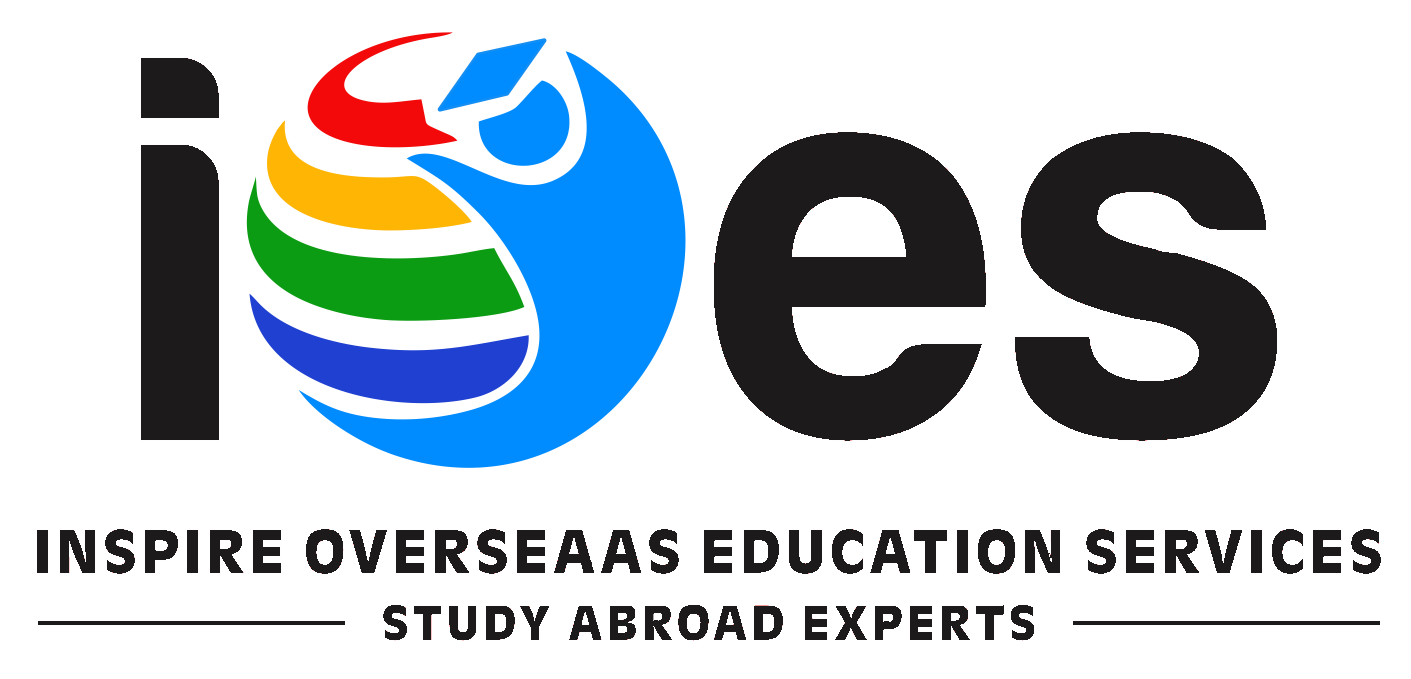
Canada Study Programs
Explore the diverse academic programs and educational opportunities available in Canada.
Top Study Programs in Canada
An overview of the most prestigious and in-demand academic programs for international students in Canada.

Business & Economics
Canadian business education blends North American and European approaches with a distinctive focus on sustainability, ethical leadership, and multicultural management. Top institutions include the University of Toronto's Rotman School of Management, McGill's Desautels Faculty of Management, Western University's Ivey Business School, and Queen's Smith School of Business.
MBA programs in Canada typically range from 12-20 months, offering excellent value compared to US programs while maintaining high quality. Canadian business schools emphasize experiential learning through case competitions, consulting projects, and co-op work terms. Specialized Master's programs in finance, analytics, supply chain management, and entrepreneurship provide focused expertise for global careers.
Economics programs at institutions like the University of British Columbia, University of Toronto, and McGill University offer strong theoretical foundations with applications to Canadian and global economic challenges. The country's stable banking system, natural resource management, and trade relationships with the US and Asia create distinctive contexts for business and economics education.

Engineering
Engineering education in Canada combines theoretical knowledge with practical skills and professional development. Leading institutions include the University of Toronto, University of Waterloo, University of British Columbia, and McGill University. Canadian engineering degrees are accredited by the Canadian Engineering Accreditation Board and recognized internationally.
Canadian universities are particularly known for excellence in civil engineering, mining engineering, mechanical engineering, and emerging fields like sustainable energy systems and biomedical engineering. The University of Waterloo's cooperative education model, offering up to two years of paid work experience integrated with academic terms, has become a global benchmark for engineering education.
Engineering programs emphasize design projects, laboratory work, and professional skills development. Canada's natural resource industries, infrastructure development, aerospace sector, and technological innovation provide rich contexts for specialized study and career opportunities. The country's extreme climate and vast geography create unique engineering challenges in areas like transportation, energy systems, and telecommunications.

Law
Legal education in Canada reflects the country's bijural tradition, combining common law and civil law systems. Most provinces follow common law traditions (similar to the UK and US), while Quebec operates under civil law (similar to France). Leading law schools include the University of Toronto, McGill University, Osgoode Hall (York University), and the University of British Columbia.
The Juris Doctor (JD) is the standard first professional degree, typically requiring three years of study after completing an undergraduate degree. McGill offers a unique combined civil law and common law degree. For international students not seeking Canadian practice qualifications, specialized Master of Laws (LLM) programs provide advanced training in areas like international law, human rights, business law, and environmental law.
Canadian legal education emphasizes critical thinking, legal research, and professional ethics, with opportunities for clinical experience through legal clinics serving communities. The country's leadership in areas like constitutional rights, indigenous law, immigration law, and environmental protection creates distinctive contexts for legal study and research.

Medicine & Healthcare
Medical education in Canada follows a four-year Doctor of Medicine (MD) program after undergraduate studies, similar to the US model. Leading medical schools include the University of Toronto, McGill University, University of British Columbia, and McMaster University, which pioneered problem-based learning approaches now adopted worldwide. Canadian medical qualifications are highly regarded internationally.
Canada offers excellent education in health sciences, including nursing, physiotherapy, occupational therapy, and public health. The country's universal healthcare system provides a unique learning context for understanding healthcare delivery, policy, and administration. McMaster University's evidence-based medicine approach has influenced medical education globally.
Healthcare education emphasizes patient-centered care, interdisciplinary collaboration, and community engagement. Canada's diverse population and geography create opportunities to study healthcare delivery across urban, rural, and remote settings, with particular strengths in indigenous health, family medicine, and health technology assessment. Research strengths in areas like neuroscience, oncology, and public health inform educational programs.

Arts & Design
Canada offers vibrant arts and design education through institutions like Emily Carr University of Art + Design, OCAD University, Ryerson University, and Concordia University. These programs blend technical training with conceptual development and critical thinking, drawing on Canada's multicultural heritage and indigenous artistic traditions.
Design education encompasses graphic design, industrial design, digital media, fashion, and architecture, with growing emphasis on sustainable design practices and social innovation. Canadian design education benefits from the country's strong creative industries, public arts funding, and multicultural urban centers like Toronto, Montreal, and Vancouver.
Performing arts training through institutions like the National Theatre School of Canada, Royal Conservatory of Music, and Banff Centre for Arts and Creativity provides world-class instruction in music, theatre, dance, and film. These programs offer small cohorts, personalized mentoring, and distinctive Canadian perspectives on artistic practice, balancing North American and European traditions.

Sciences
Scientific research and education in Canada benefit from substantial government funding, world-class research facilities, and rich natural environments for field studies. Leading institutions include the University of Toronto, University of British Columbia, McGill University, and University of Alberta, with particular strengths in physics, chemistry, environmental science, and life sciences.
Canadian science degrees typically follow a four-year Bachelor of Science structure with honours options and pathways to graduate research. The country's geography and climate provide unique opportunities for research in fields like ecology, geology, atmospheric science, and oceanography. Canada's leadership in areas like artificial intelligence, quantum computing, and stem cell research creates cutting-edge contexts for scientific education.
Science education emphasizes laboratory work, field research, and undergraduate research opportunities. Many programs offer co-op options that combine academic terms with relevant work experience. Canada's commitment to addressing challenges like climate change, sustainable resource management, and arctic research provides distinctive frameworks for scientific inquiry and education.

Computer Science & Information Technology
Canada has emerged as a global leader in computer science education and research, particularly in artificial intelligence, machine learning, and computer graphics. Top institutions include the University of Toronto, University of Waterloo, University of British Columbia, and McGill University, with strong connections to Canada's growing technology sector.
Canadian computer science degrees typically follow a four-year structure with co-op options that provide valuable work experience. The University of Waterloo's co-op program is particularly renowned, offering up to two years of paid industry experience integrated with academic terms. Specialized Master's programs provide advanced training in areas like AI, data science, cybersecurity, and human-computer interaction.
Canada's technology hubs in Toronto, Montreal, Vancouver, and Waterloo provide excellent industry connections and career opportunities. The country's leadership in AI research through institutes like the Vector Institute, Mila, and CIFAR creates unique educational contexts. Government support for digital innovation and Canada's reputation for inclusive, ethical technology development make it an attractive destination for international students in computing fields.
More About Canada
Discover other aspects of student life and opportunities in Canada.
Ready to Study in Canada?
Take the first step towards your international education journey with IOES.




